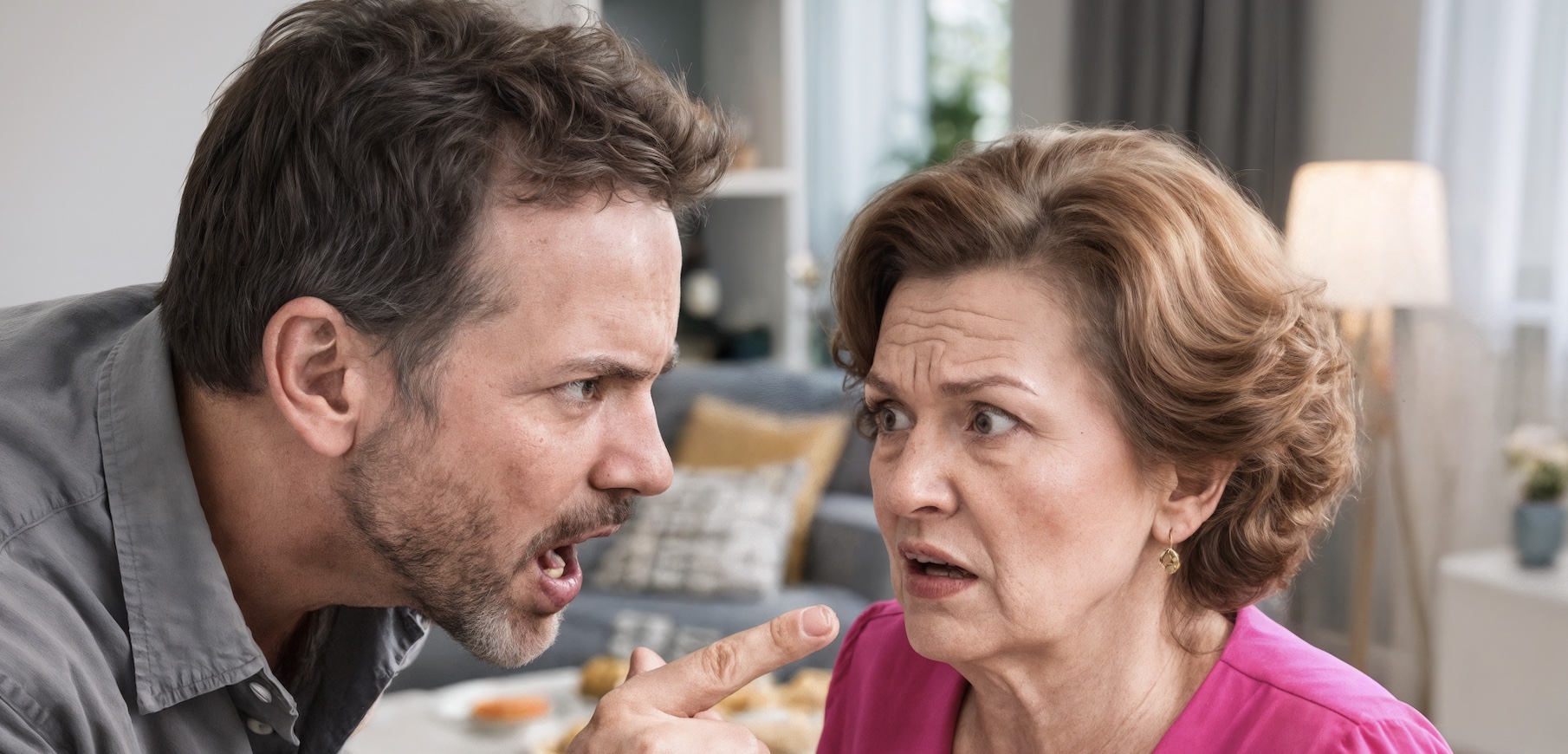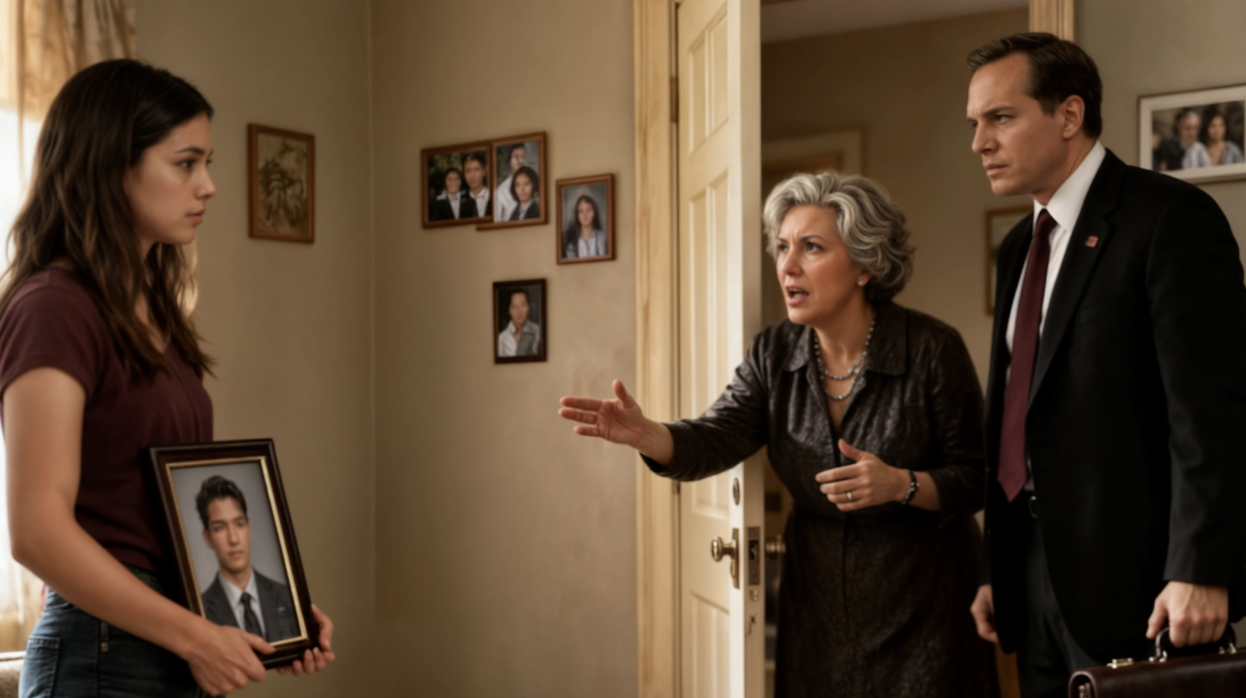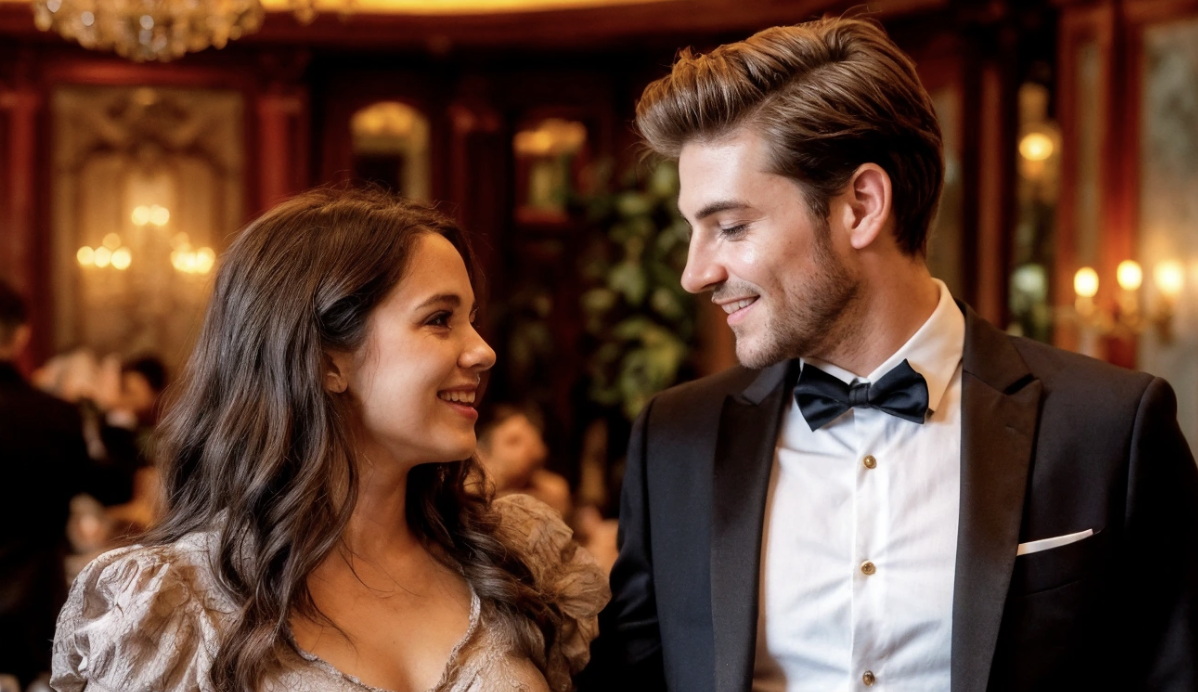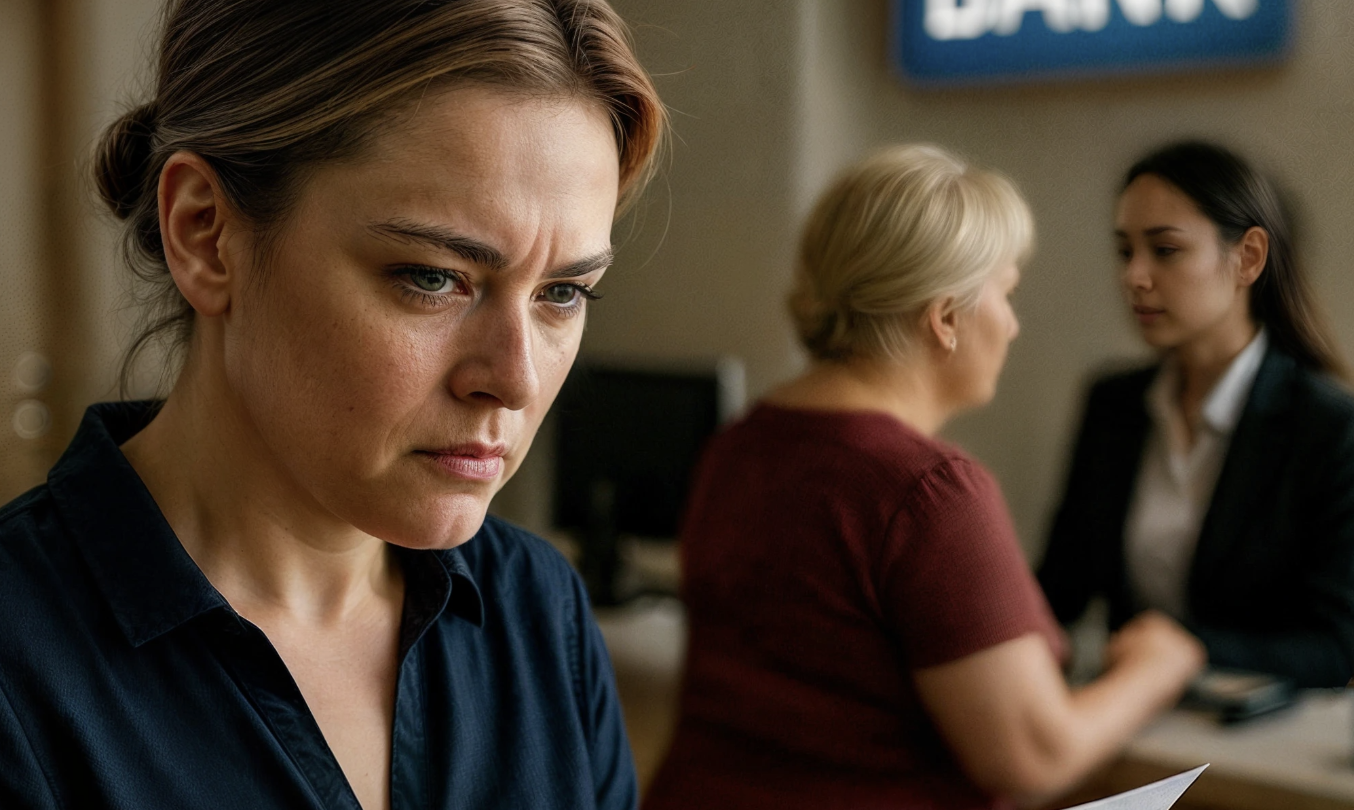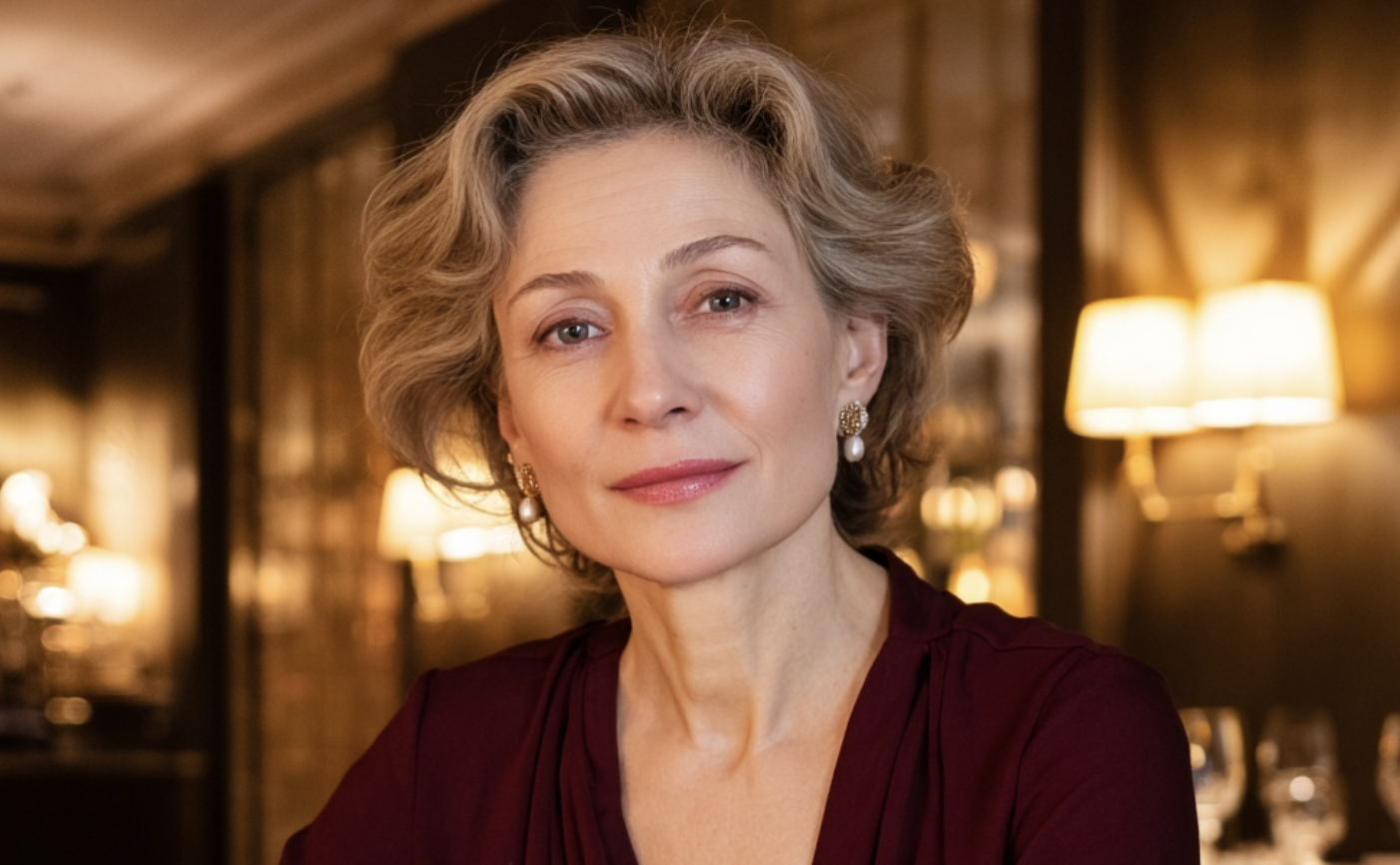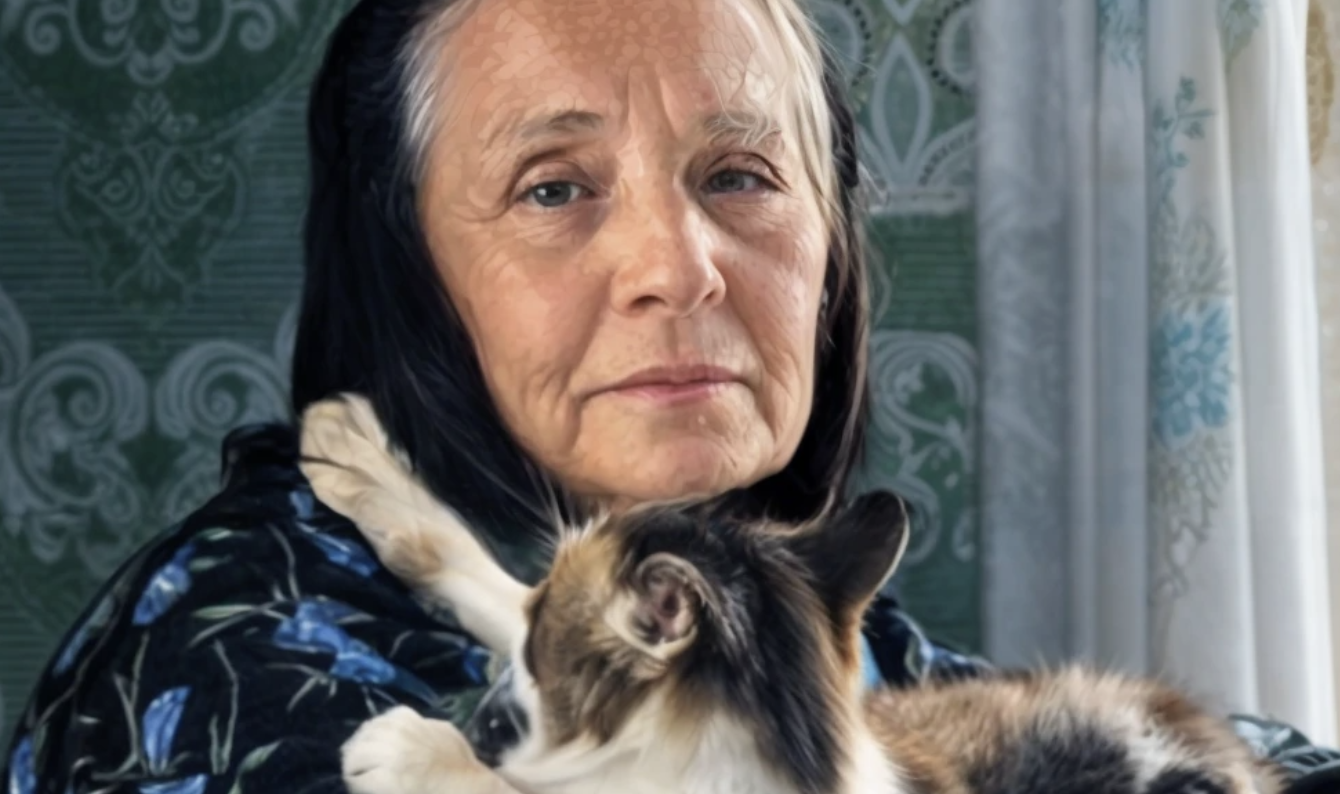— If your mother pulls something like this one more time, I’ll humiliate her in front of the entire family!
Marina first understood that something was off about three months after the wedding. She and Denis had stopped by his mother’s for Sunday lunch, and Galina Petrovna barely waited for Marina to step into the kitchen for the salad bowl before lowering her voice and starting a conversation with her sister—one that was clearly about … Read more
